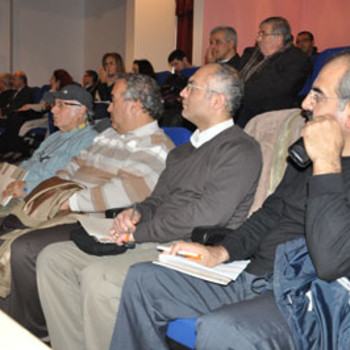How does overgrazing affect rangelands?
1 Answer
"Tragedy of the commons"
Explanation:
If someone allows overgrazing on a rangeland, the resource (rangeland) becomes useless.
In their book, Natural Resource Conservation, Daniel Chiras and John Reganold used this concept (tragedy of the commons) to explain the degradation of rangeland in the United States in the late 1800s. Many early American ranchers seemed oblivious to the fact that one healthy, well-fed steer could bring in as much cash as four diseased, under-fed ones that resulted from the overgrazing. In addition to the degradation of the soil itself, overgrazing is responsible for the loss of habitat for many wildlife species, and has been the catalyst for the decline and near extinction of many such species. Thanks to several acts of legislation in the 1900s, however, public rangelands in the United States are now in their best condition of the past 100 years (Chiras & Reganold, 2010). (cited from bogbit, 2010).
In fact, the term "Tragedy of the Commons" was first introduced by Garrett Hardin in 1968.
Hardin uses an example from northern Africa to illustrate his point as it applies to rangeland. Satellite photos revealed an area of privately-owned rangeland that was managed sustainably by the rotation of pastures for grazing. Because the owner had a vested interest in maintaining the quality of the rangeland, he managed it with the future in mind. However, the public land that lay adjacent to his property had been overgrazed past its carrying capacity. The soil was compacted and invading plants unfit for grazing had taken over. As a consequence, large numbers of grazing animals died off, followed by many humans who depended on them for sustenance (Hardin, 1968).
References:
Bogbit (2010). Tragedy of the Commons: Fisheries, Rangeland and Forest Management. Retrieved June 13, 2017, from https://bogbit.com/tragedy-of-the-commons-fisheries-rangeland-and-forest-management/
Chiras, D. D. & Reganold, J. P. (2010). Natural Resource Conservation (10th ed.). Upper Saddle River, NJ: Pearson Prentice Hall.
Hardin, G. (1968). Tragedy of the commons. Retrieved November 19, 2009, from http://www.econlib.org/library/Enc/TragedyoftheCommons.html

